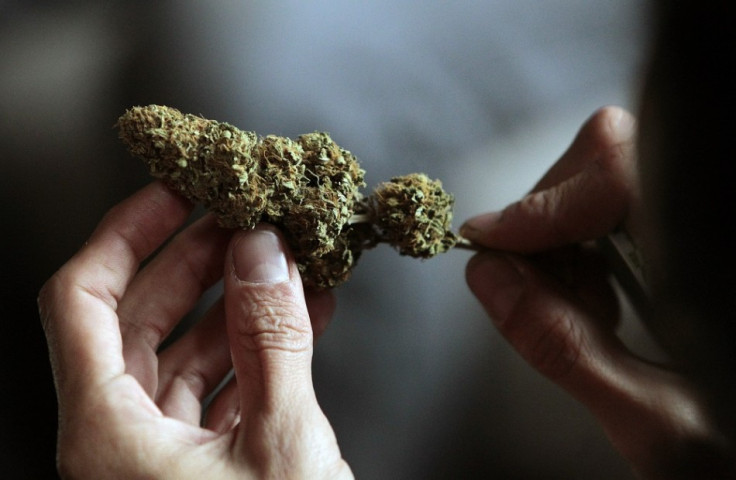Legalise cannabis: Police and MPs support regulated market worth £1bn a year in taxes

The UK should legalise cannabis and impose a regulated market for the drug to bring in an additional £1bn ($1.4bn) a year in taxes, according to a report by the Lib Dems. The report, described as the "most comprehensive framework for how a regulated cannabis market could work in the UK", argues that cannabis should be sold to over 18s in special licensed shops with regulation around the price, potency and packaging available from retailers, as seen with in tobacco and alcohol regulation.
These "single purpose outlets" would be based in pharmacies and sell the drug over the counter in plain packaging with clear health and risk reduction information. The panel of experts set up by the party, including Durham Police Chief Constable Mike Barton and Tom Lloyd, former Chief Constable of Cambridgeshire Police and current chair of the National Cannabis Coalition, also calls for home growing by individuals for personal use under certain conditions to be legal.
The report, entitled A Framework For A Regulated Market For Cannabis In The UK, argues a change must take place as each year criminal gangs generate billions of pounds from the illegal drug trade which "in turn funds organised crime".
Norman Lamb, the Lib Dem Health spokesperson, said: "At the same time, the UK is spending billions fighting a losing battle on drug use, and countless police hours are spent targeting people carrying small amounts for personal use – hours which could be better used going after more serious criminals. Both the financial and human cost is vast. This desperately needs to change.
"Taxation of retail cannabis offers the potential for significant government revenue. Depending on how legal markets develop, and the taxation regimes adopted, credible estimates put this in the region of £500m to £1bn annually. Our view is that taxation policy should be subservient to public health and social policy goals, and maximising taxation revenue should not be a primary goal in itself."
The report recommends that the UK should look at Uruguay as a "sensible starting point" as to how it could regulate cannabis. The South American country legalised the growing of cannabis at home to a certain amount and purchasing it from specialist pharmacies or retailers in May 2014.

The reports adds the UK should avoid the legally strained "flexibility" arguments being made by the US and instead make a "clear explanatory statement, acknowledging the non-compliance and offering a clear and principled justification rooted in the protection of the health and welfare of UK citizens".
Tim Farron, the party leader, said: "Prohibition of cannabis has failed. We need a new, smarter approach and I welcome this report ahead of the Liberal Democrats' debate at spring conference. It is a waste of police time to go after young people using cannabis and ludicrous to saddle them with criminal convictions that can damage their future careers. A legal market would allow us to have more control over what is sold, and raise a considerable amount in taxation.
"I have always said that we must have an evidence-led approach to drugs law reform, and this report should be taken seriously. Britain has to end our failed war on drugs. The status quo causes huge damage and we urgently need reform."
Steve Rolles, senior policy analyst, Transform Drug Policy Foundation and chair of the report's panel, added: "The reality is that millions of people use cannabis in the UK and there is a pressing need for government to take control of the trade from gangsters and unregulated dealers.
"Legal regulation is now working well, despite the fearmongering, in Colorado and Washington and will roll out across the US over the coming years. A regulatory framework is in place in Uruguay and the Canadian government will legally regulate cannabis soon. This is no longer a theoretical debate – and the emerging evidence is only pointing in one direction
"Over the decades politicians have done great work in cross-party settings to explore alternatives to criminalisation and we hope that our report will further assist in taking some of the heat out of the debate. Those of us who sat on the panel are keen to see our work used by parliamentarians of all hues to shift to a policy that will make the cannabis trade and its use healthier and safer for all of us."
© Copyright IBTimes 2025. All rights reserved.






















